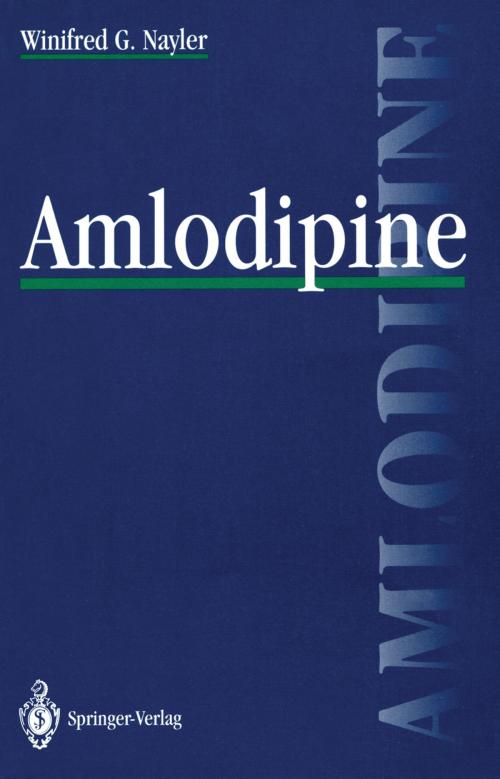| Author: | Winifred G. Nayler | ISBN: | 9783642782237 |
| Publisher: | Springer Berlin Heidelberg | Publication: | December 6, 2012 |
| Imprint: | Springer | Language: | English |
| Author: | Winifred G. Nayler |
| ISBN: | 9783642782237 |
| Publisher: | Springer Berlin Heidelberg |
| Publication: | December 6, 2012 |
| Imprint: | Springer |
| Language: | English |
"Those who choose to increase their knowledge still further by reading ... will discover an exciting new world. " NOEL WHITTAKER, in "Making Money Made Simple" 1989. The development of calcium antagonists has recently been described as representing "one of the major advances in cardiovascular thera peutics of the latter half of the twentieth century" (Braunwald, 1990). However, although the development of these drugs started in the mid nineteen sixties it is only recently that their real potential has begun to be appreciated. Even now the calcium antagonist saga is not complete, since new compounds continue to appear and new therapeutic applica tions emerge. Based on the experience gained in the clinics in which these drugs have been used recognition is being given now to the need to improve upon the prototypes of the group. Such improvement is resulting in the development and production not only of long-acting formulations of the prototypes (nifedipine, verapamil and diltiazem) but also of new calcium antagonists with improved tissue selectivity, potency and duration of action. To those of us who are interested in this field such a development is both exciting and rewarding. As far as the clinicians who prescribe these drugs are concerned the long-acting nature of some of the newer calcium antagonists should make the satisfactory management of their patients an achievable goal.
"Those who choose to increase their knowledge still further by reading ... will discover an exciting new world. " NOEL WHITTAKER, in "Making Money Made Simple" 1989. The development of calcium antagonists has recently been described as representing "one of the major advances in cardiovascular thera peutics of the latter half of the twentieth century" (Braunwald, 1990). However, although the development of these drugs started in the mid nineteen sixties it is only recently that their real potential has begun to be appreciated. Even now the calcium antagonist saga is not complete, since new compounds continue to appear and new therapeutic applica tions emerge. Based on the experience gained in the clinics in which these drugs have been used recognition is being given now to the need to improve upon the prototypes of the group. Such improvement is resulting in the development and production not only of long-acting formulations of the prototypes (nifedipine, verapamil and diltiazem) but also of new calcium antagonists with improved tissue selectivity, potency and duration of action. To those of us who are interested in this field such a development is both exciting and rewarding. As far as the clinicians who prescribe these drugs are concerned the long-acting nature of some of the newer calcium antagonists should make the satisfactory management of their patients an achievable goal.















